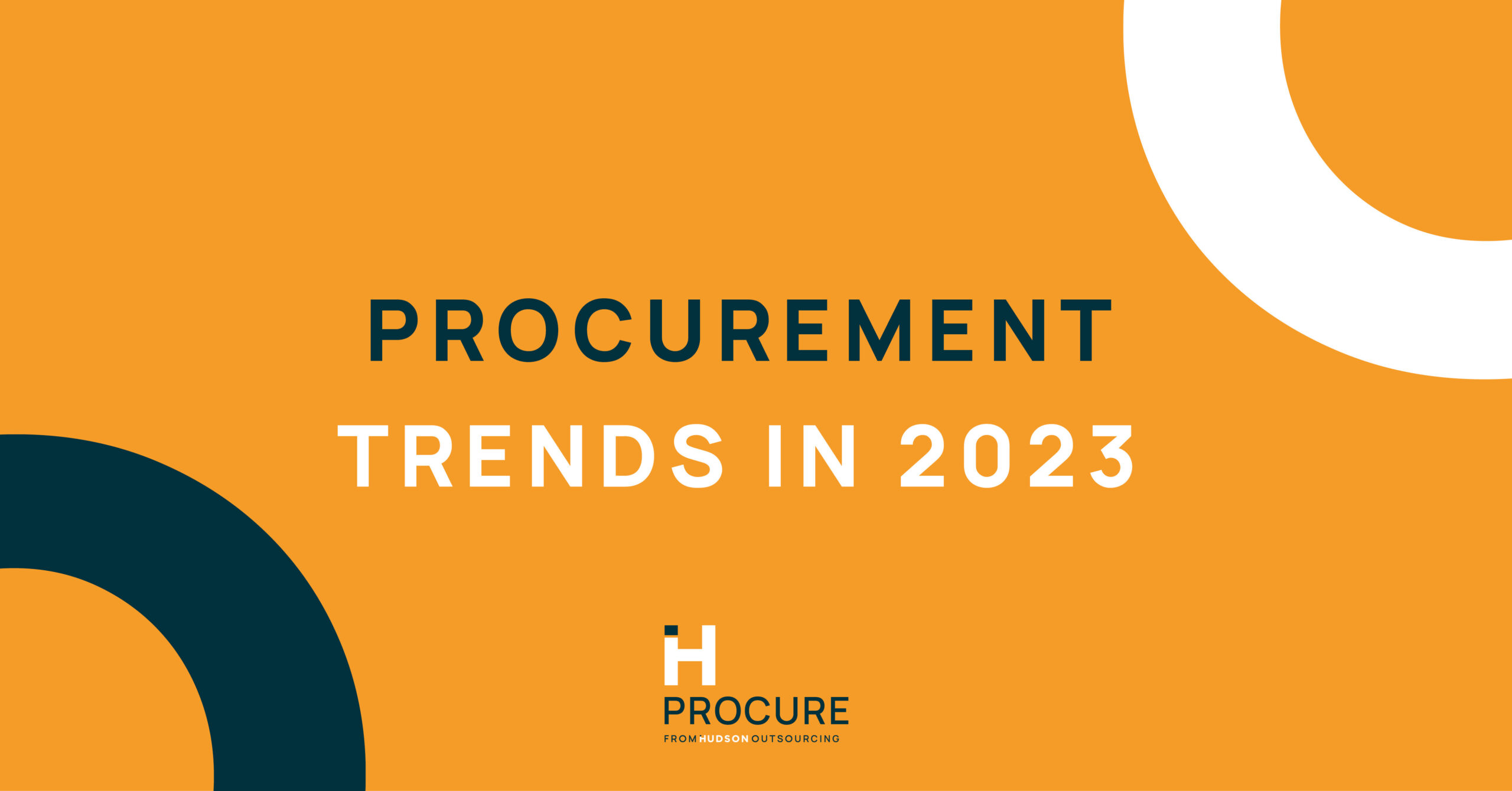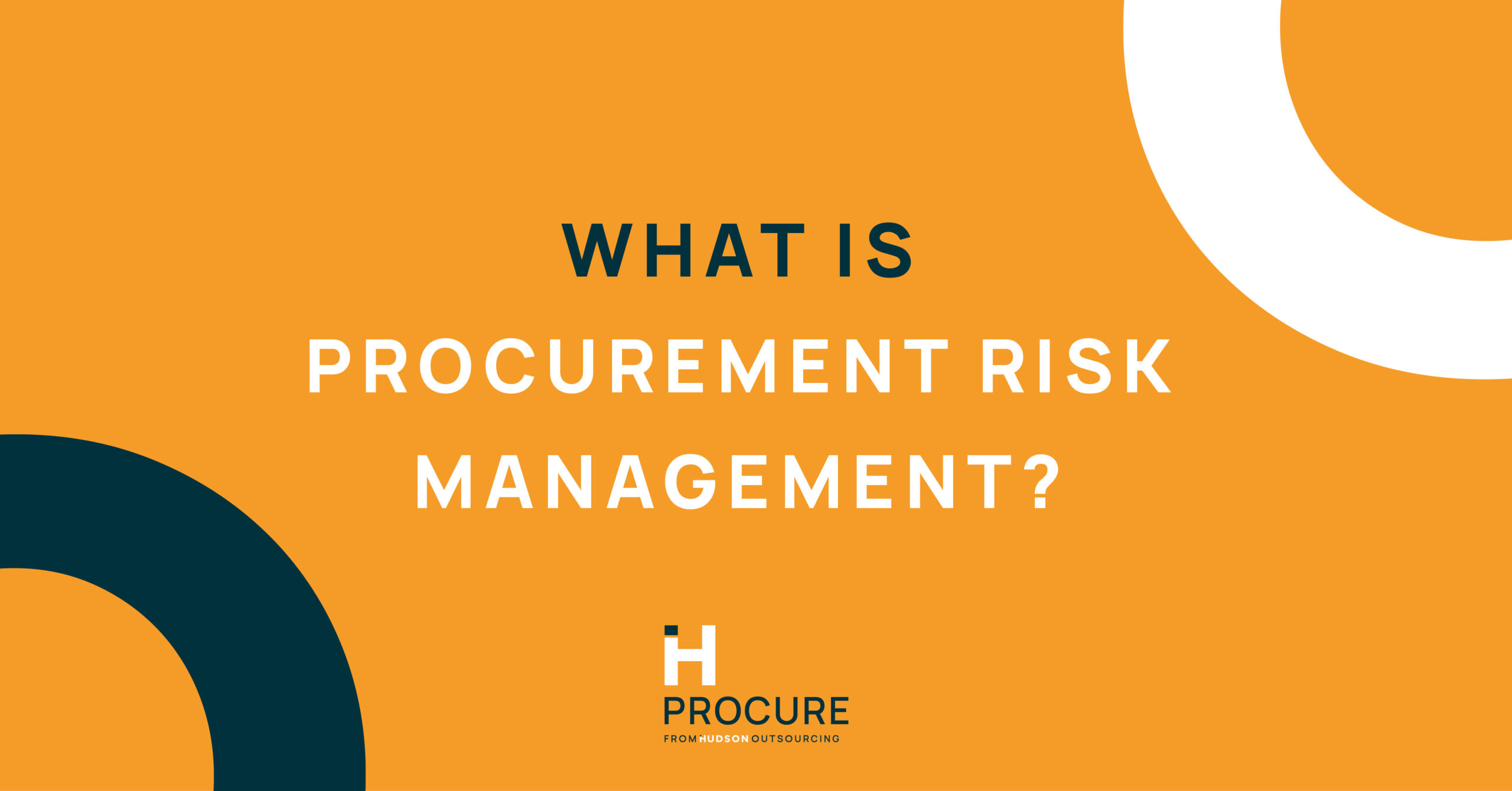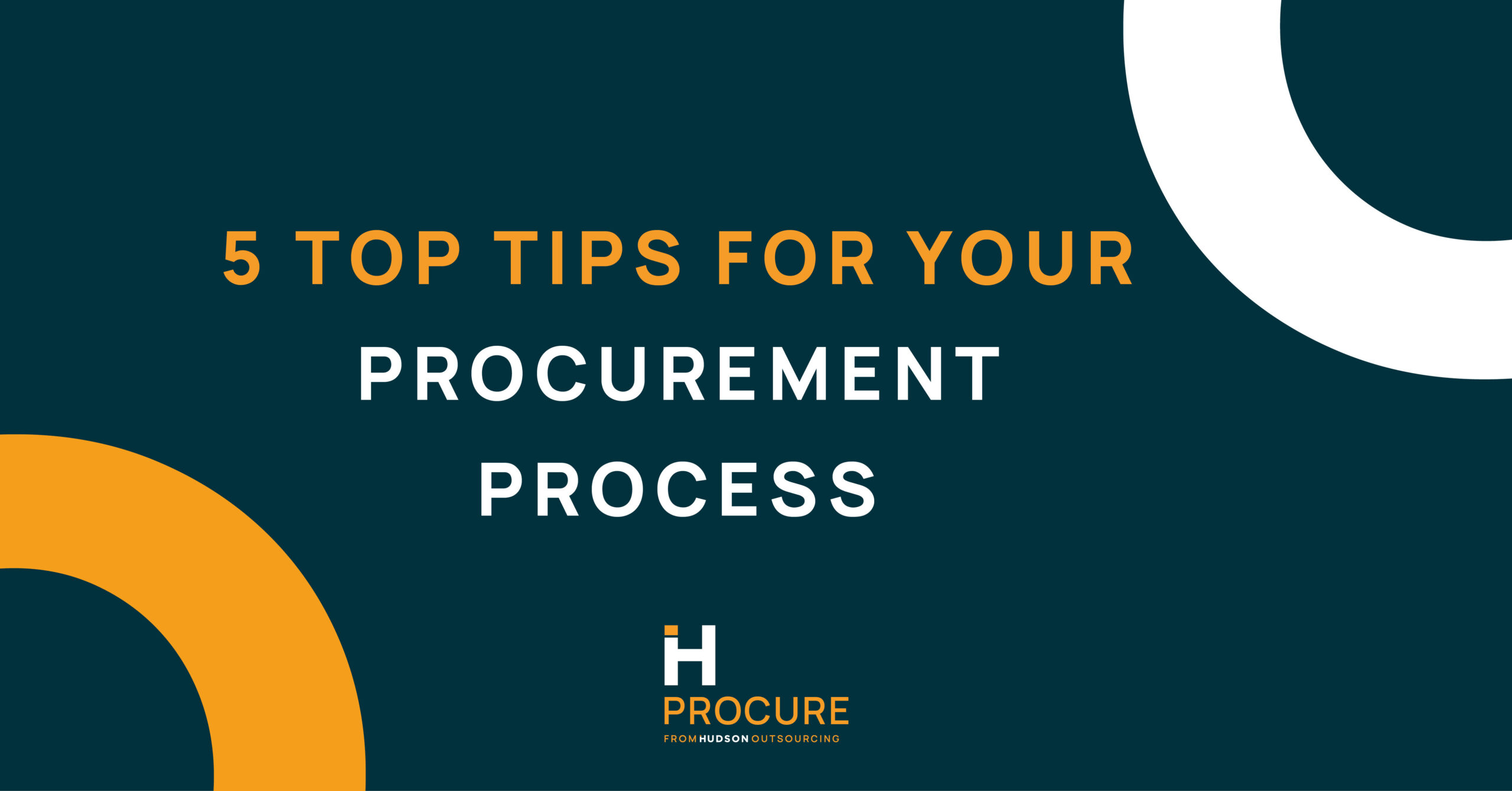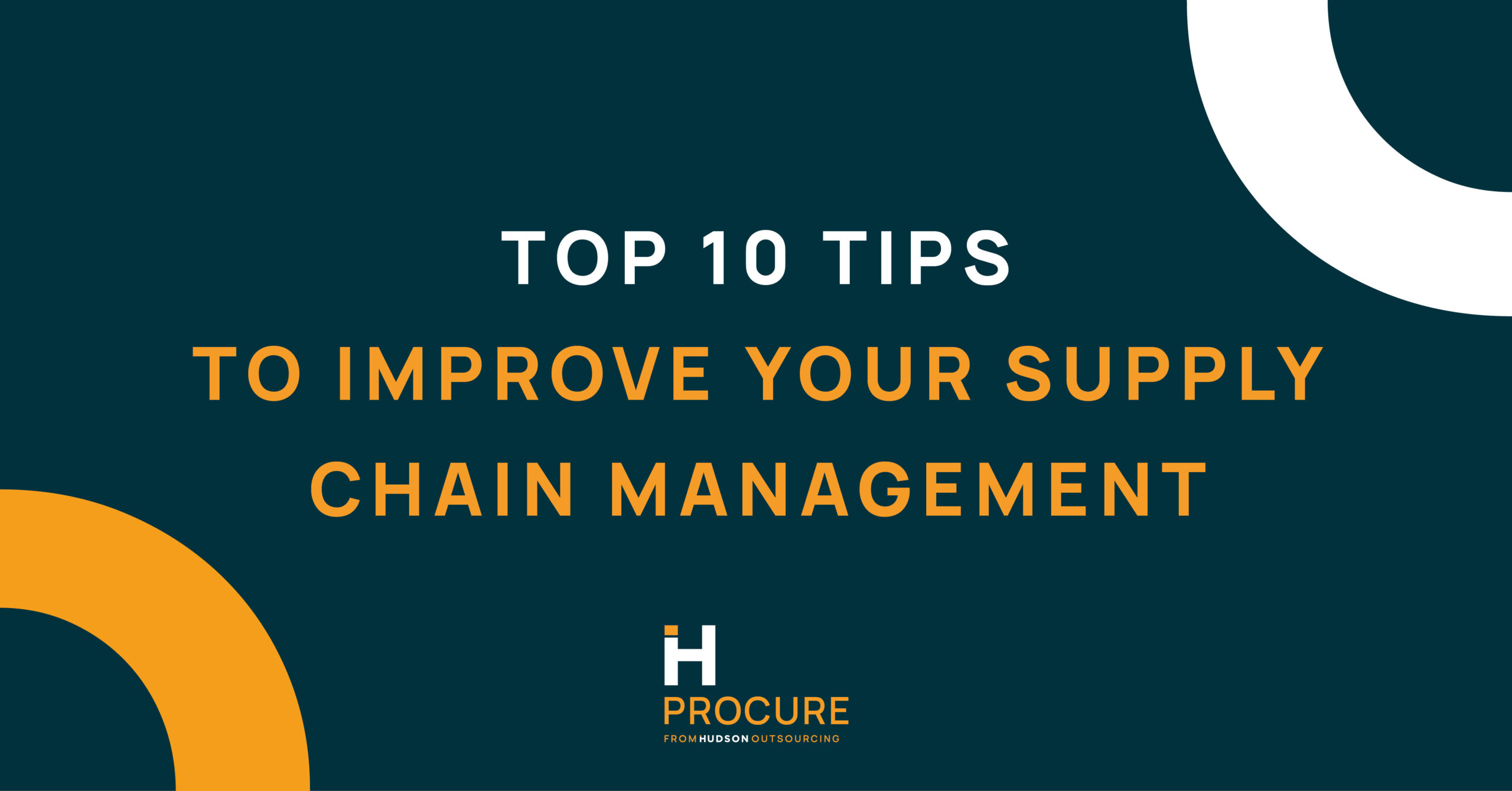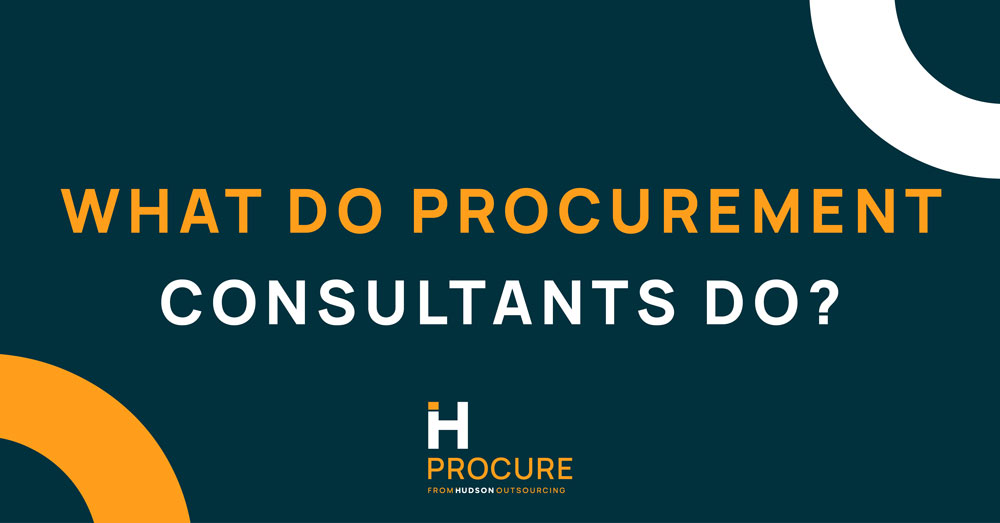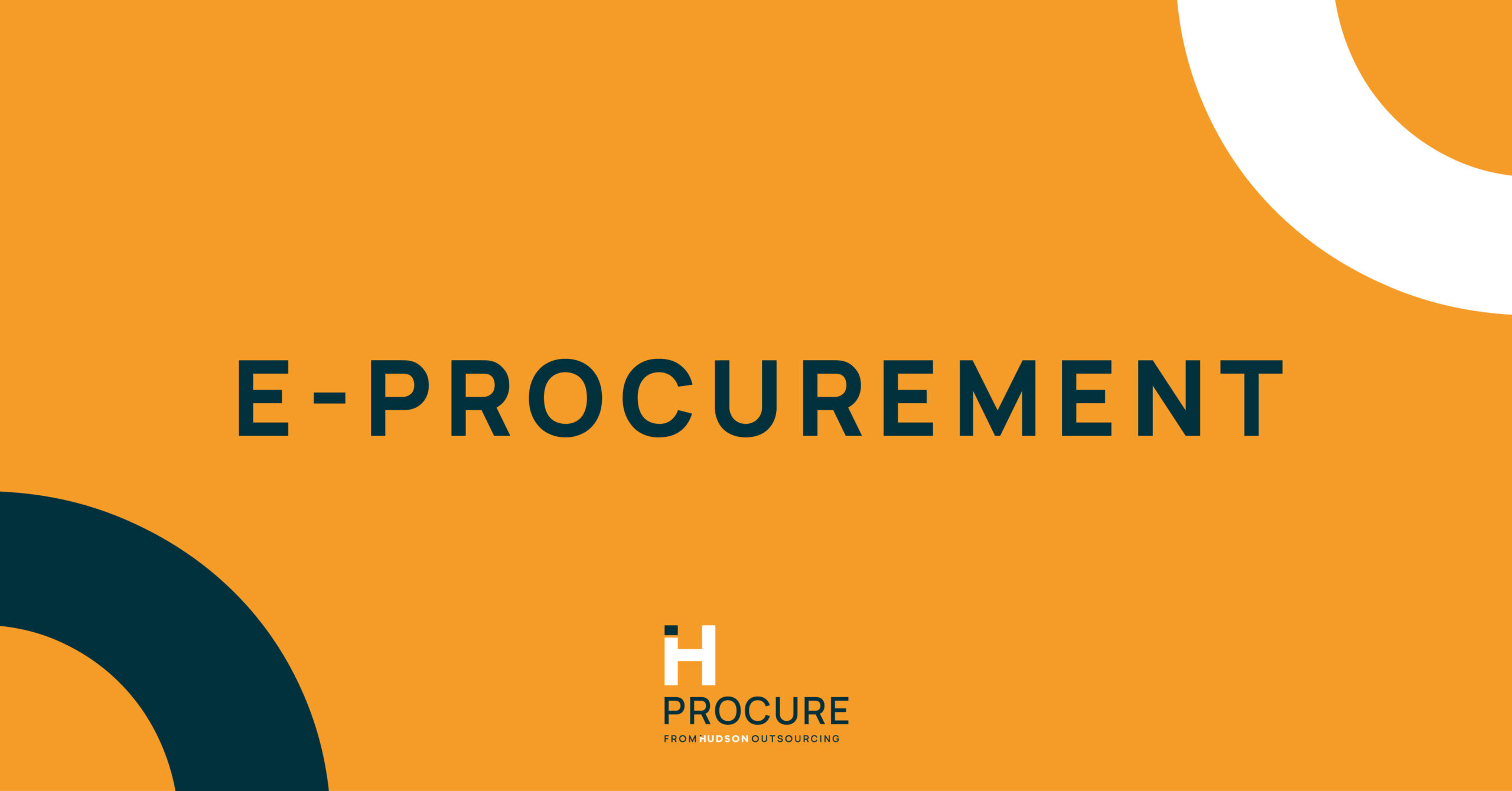Procurement Trends in 2023
As mentioned in previous blog posts, how we view procurement processes has been drastically altered by the rise of digital tools — creating what we refer to as digital procurement. As such, in 2023, many businesses are relying on digital methods to optimise their procurement strategies to create faster growth and overall company prosperity.
In this blog, we will cover the definition of procurement, growing procurement strategy trends in 2023, the negative side to procurement and new technologies to use in your procurement process.
What is Procurement?
Procurement is the process of acquiring goods, services, or works from an external source, usually by purchasing or renting them from a supplier. It is the process of sourcing, selecting, and acquiring goods and services from the most suitable suppliers in order to meet the needs of an organisation. Procurement involves activities such as researching potential suppliers, negotiating contracts, and monitoring delivery performance.
What Procurement Strategy Trends to Look Out For in 2023:
- Strategic Sourcing: Leveraging technology to drive efficiency and effectiveness in the procurement process.
- Increased Automation: Use of Artificial Intelligence (AI) and Robotics Process Automation (RPA) to streamline processes and reduce manual labour.
- Risk Management: Proactive monitoring of suppliers and vendors to reduce potential risk.
- Sustainability: Promoting environmentally friendly practices and products through certifications and green supplier initiatives.
- Supply Chain Visibility: Utilising data analytics and real-time tracking to improve supply chain performance.
- Big Data: Gathering and analysing data to gain insights into supplier and market trends.
- Digital Payments: Utilising digital payment platforms to improve efficiency and reduce costs.
- Blockchain: Utilising blockchain technology to improve security, traceability, and accuracy.
- Negotiation: Optimising negotiations to leverage the best value for the organisation.
- Mobile Procurement: Utilising mobile devices to streamline the procurement process.
What about the negative side of procurement trends in 2023?
1. Increasing Pressure on Suppliers
As global competition intensifies and customer expectations continue to rise, companies will continue to put pressure on suppliers to provide higher-quality products at lower prices. This may lead to shorter lead times, greater customisation, and more complex supply chains.
2. Introduction of Automation and Advanced Technology
Automation and advanced technology, such as artificial intelligence and VR, will become increasingly prevalent in the procurement process. This could reduce costs and lead times while improving accuracy and efficiency.
3. More Complex Regulations and Compliance Requirements
Companies will need to stay on top of a growing number of regulations and compliance requirements related to sourcing and procurement, such as GDPR, conflict minerals, and environmental regulations.
4. Increased Focus on Risk Management
Companies will need to become more adept at managing risks associated with their supply chains, such as supply disruptions, supplier failures, and quality control issues.
5. More Strategic Sourcing
Companies will need to become more strategic in their sourcing in order to remain competitive which can be stressful. This could include more use of analytics and data-driven decisions, as well as a greater emphasis on supplier relationships and partnerships.
Procurement Technology Trends in 2023
In 2023, we will see an increased focus on digital technologies in procurement, such as:
1. Intelligent Automation
Automation of procurement processes to improve accuracy, speed, and efficiency. Intelligent automation can also help reduce risks associated with manual processes, such as human error, and aid in compliance with regulations. Additionally, intelligent automation can be used to better manage supplier relationships and improve the overall customer experience.
2. Predictive Analytics
Using data analysis and machine learning to identify and forecast trends in the procurement market. This tool can also be used to identify potential savings, improve contract performance, and reduce risk. This can be done by analysing large amounts of data to identify trends and patterns. The data can be used to identify vendors who consistently provide high-quality products, find ways to reduce costs, and identify areas of risk.
3. Blockchain
Leveraging blockchain technology to create a secure and transparent supply chain. This technology can help reduce the cost of procurement and reduce fraud. Overall, blockchain in procurement provides a secure platform for buyers and suppliers to transact with each other, making it easier to track, store, and manage data.
4. Artificial Intelligence
Implementing AI-based solutions to enhance the decision-making process. AI can be used to automate the sourcing and selection process, negotiate better terms with suppliers, analyse data and trends to identify cost savings opportunities, and enable more accurate forecasting. AI can also be used to detect irregularities, fraud, and other anomalies in purchase orders and invoices.
5. Smart Contracts
Utilising smart contracts to automate and streamline the procurement process from initial request to fulfilment, including the creation of purchase orders, request for proposals, and contract management. Additionally, smart contracts can include features such as automated payments, automated contract renewal, and automated dispute resolution. Smart contracts can also be used to facilitate the exchange of digital assets and data.
6. Cloud Computing
Cloud-based procurement systems can provide a single platform for managing and tracking purchase orders, invoices, contracts, and payments. This simplifies the procurement process and allows organizations to quickly access the data they need to make informed decisions. Additionally, cloud-based procurement systems can provide advanced analytics and reporting capabilities that can help organizations monitor and improve their procurement operations.
More Information About Us!
Procure Consult
With Procure Consult, we offer support with tender management and ad-hoc procurement consultancy. Our expert team will manage the end-to-end procurement process or offer assistance at any stage, as and when required.
Procure Health Check
With Procure Health Check, we’ll conduct a full review of the strategic and operational procurement processes within your organisation. We’ll identify the areas that need improvement and help you drive greater value from the procurement process.
Procure Analyse
The purpose of Procure Analyse is to conduct a high-level analysis of your spending activity. We’ll help you understand your current purchasing behaviour and highlight areas that can deliver greater value. Procure Analyse is also offered as part of Procure Health Check or as a standalone service.
Procure Outsourcing
With Procure Outsourcing, we deliver a range of procurement solutions on an outsourced basis, completely bespoke to you. This can range from delivering multiple tender projects as a package to delivering the full procurement function of your organisation.
Procure Post
Are you trying to find a supplier for your project? Post your tendering opportunity onto any of our 11 sector-specific portals for FREE with Procure Post!
Housed by our sister company, Hudson Discover, our portals host thousands of tendering opportunities for organisations of all sizes. For an additional cost, we’ll even help you identify your requirements and find the most suitable suppliers for your business.
Get in touch for a consultation and find out how we can help your business drive better value from procurement.

